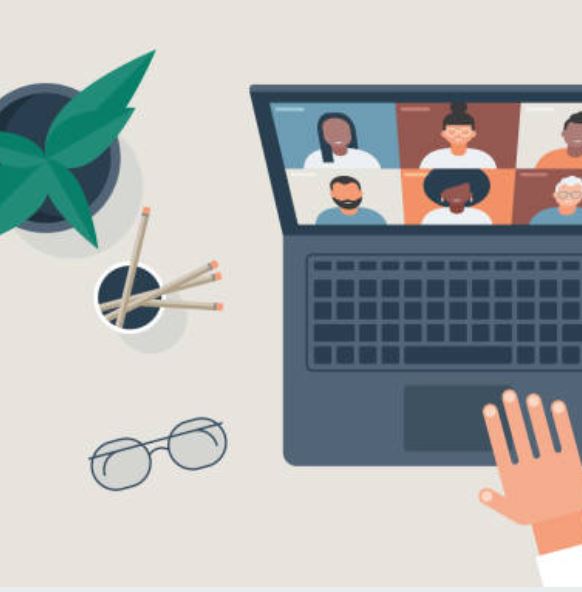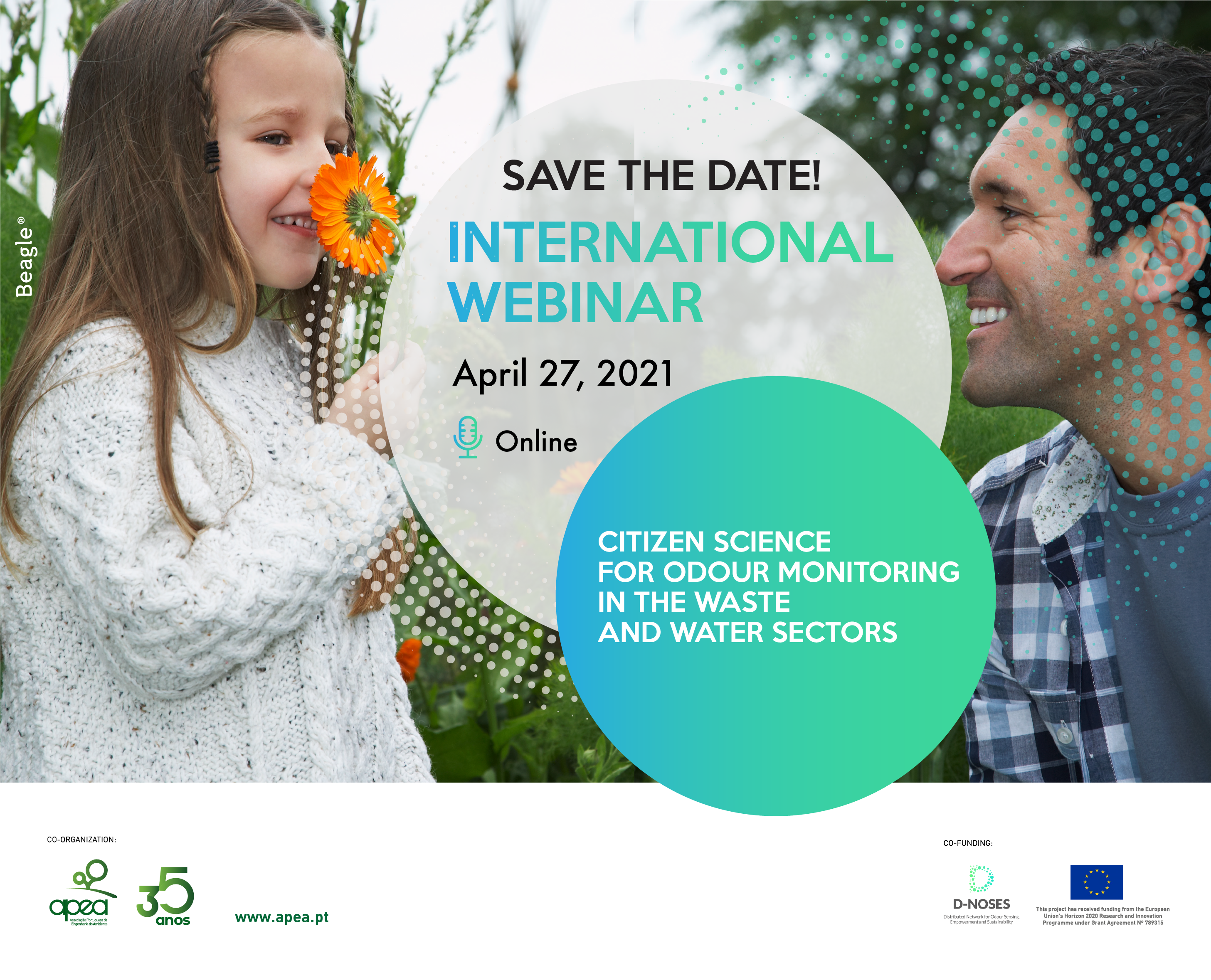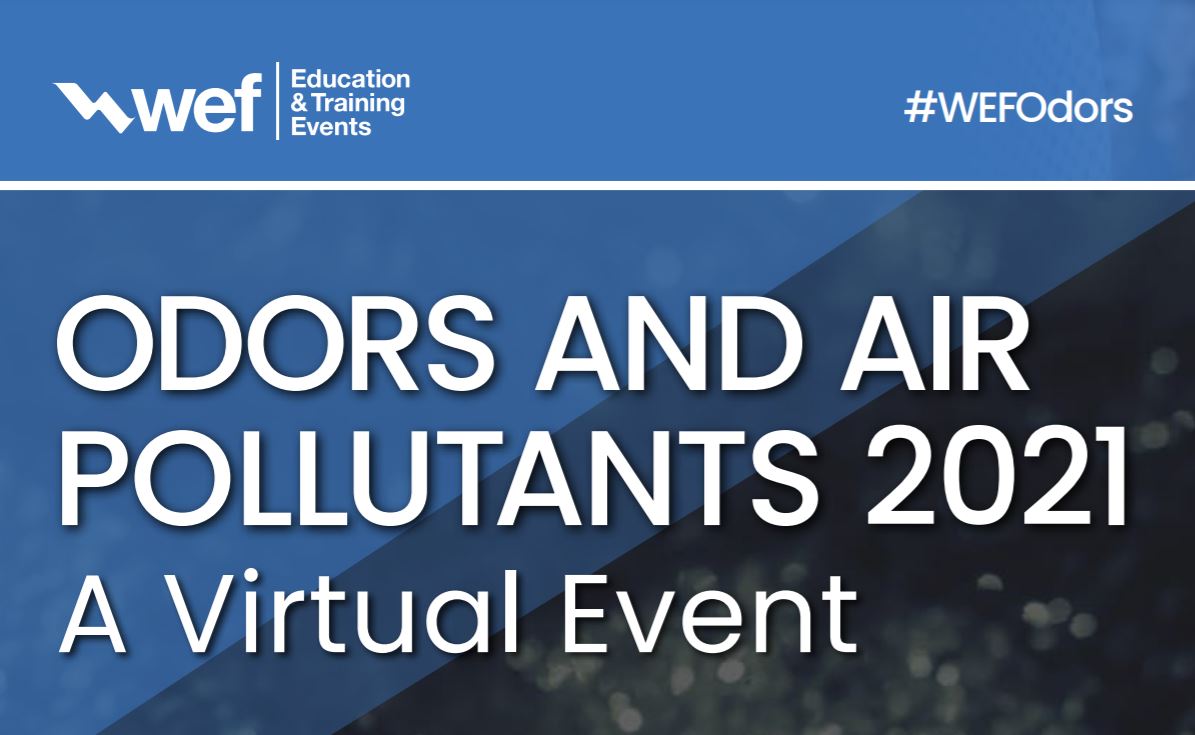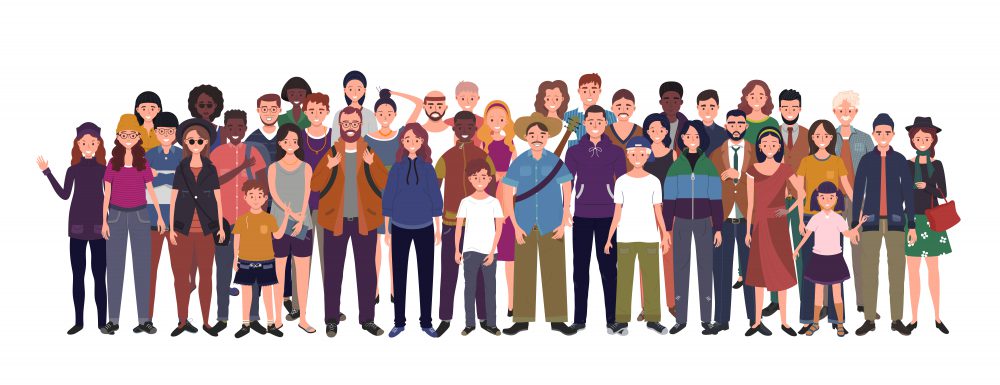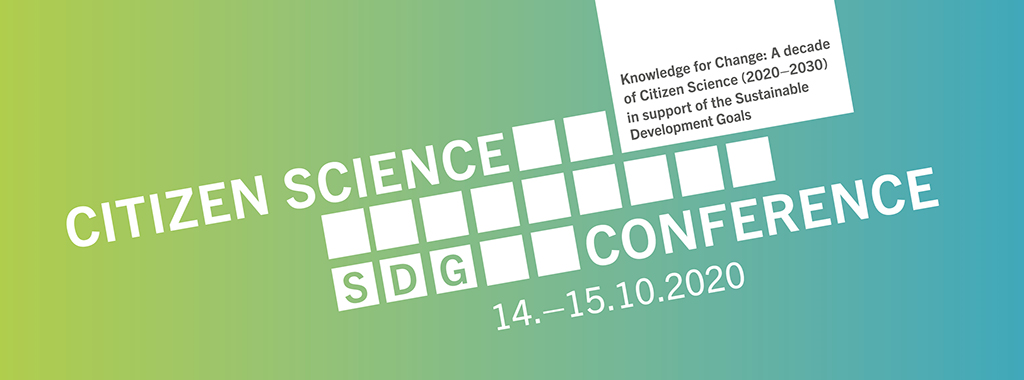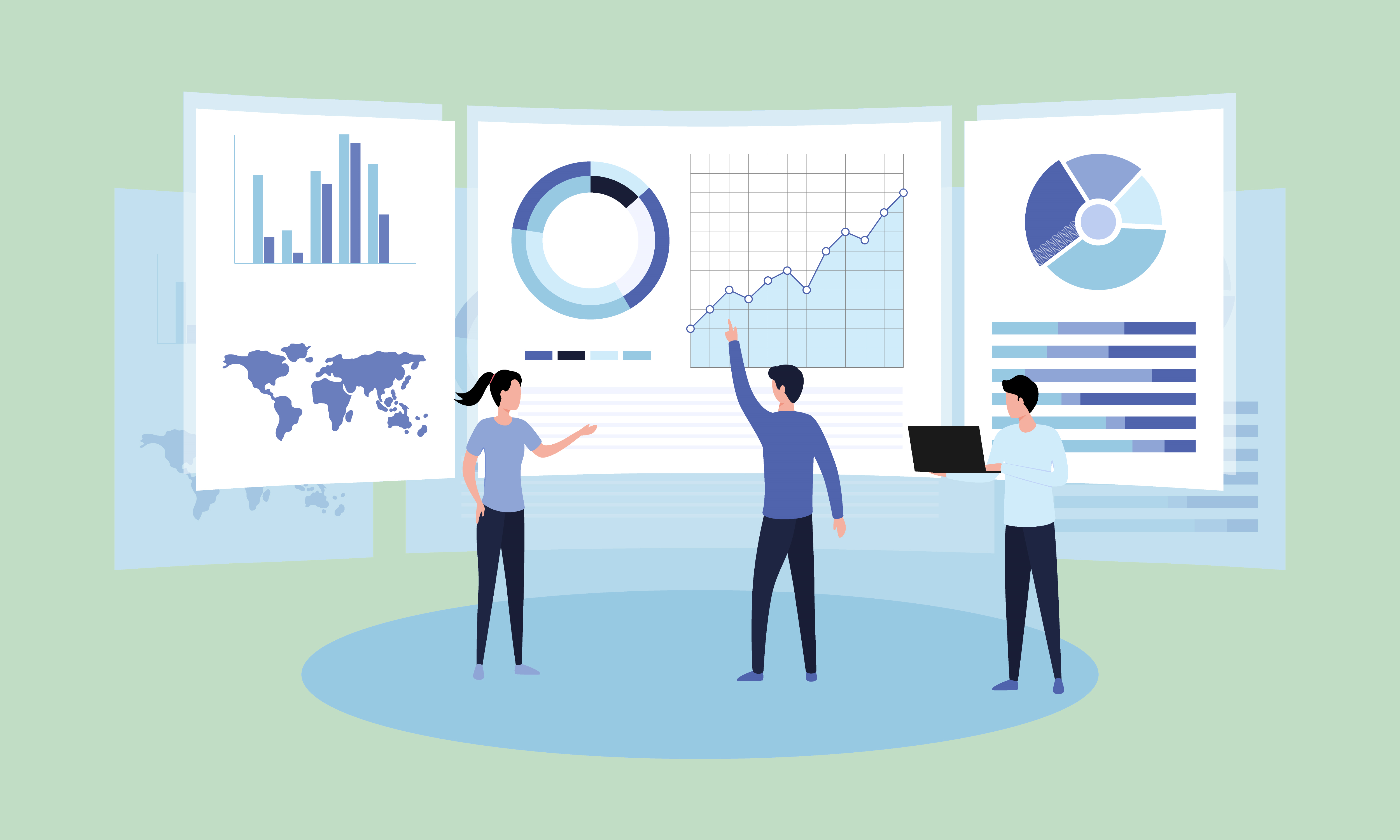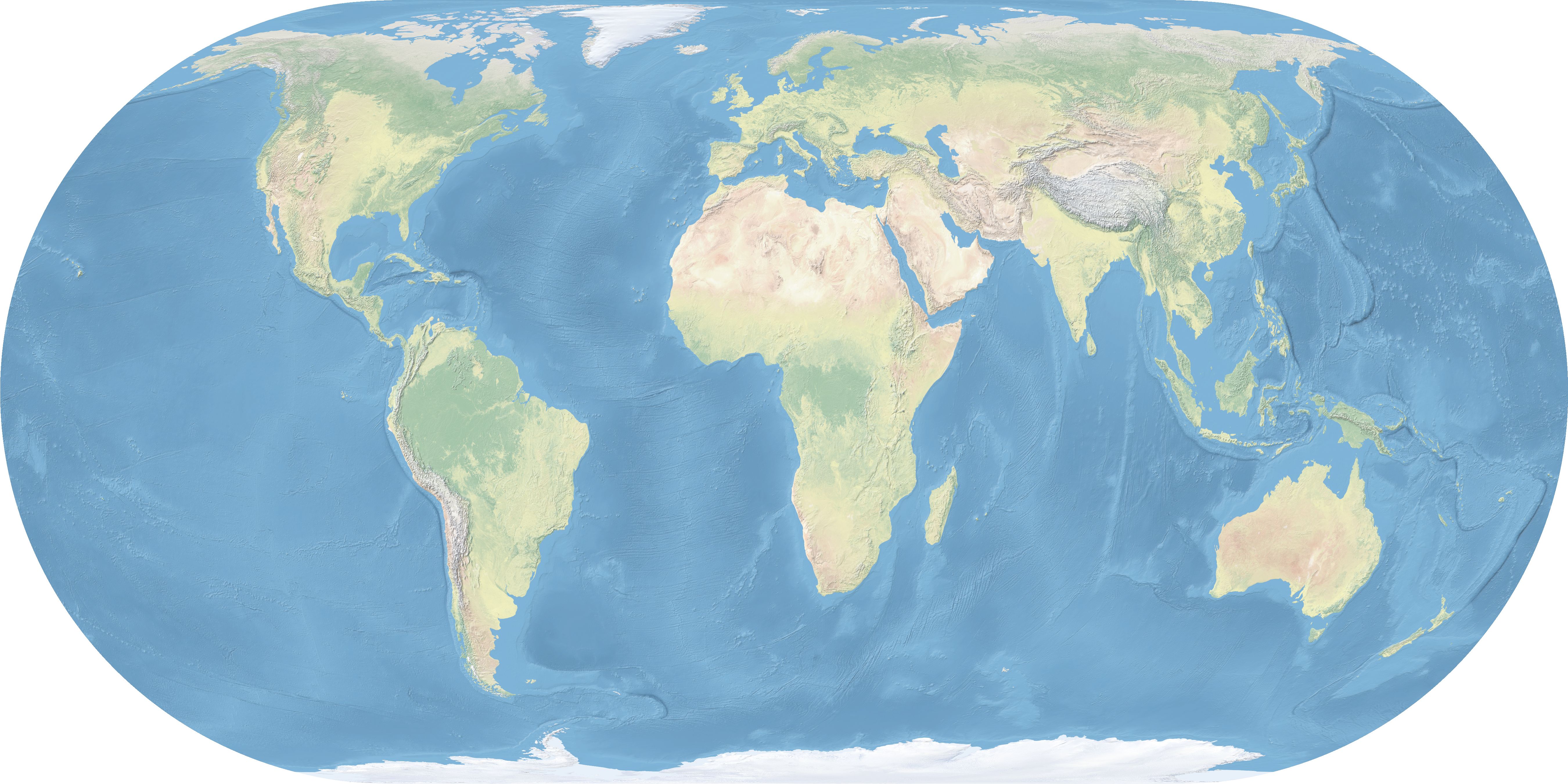
When is the D-NOSES methodology appropriate for odour measurement?
The D-NOSES methodology offers an alternative and complementary approach to traditional methods for odour measurement and issues management. Like all other methods it has certain qualities that make it more, or less suitable for any particular setting. So, when is the D-NOSES methodology most appropriate? This is one of the questions that this project has […]

